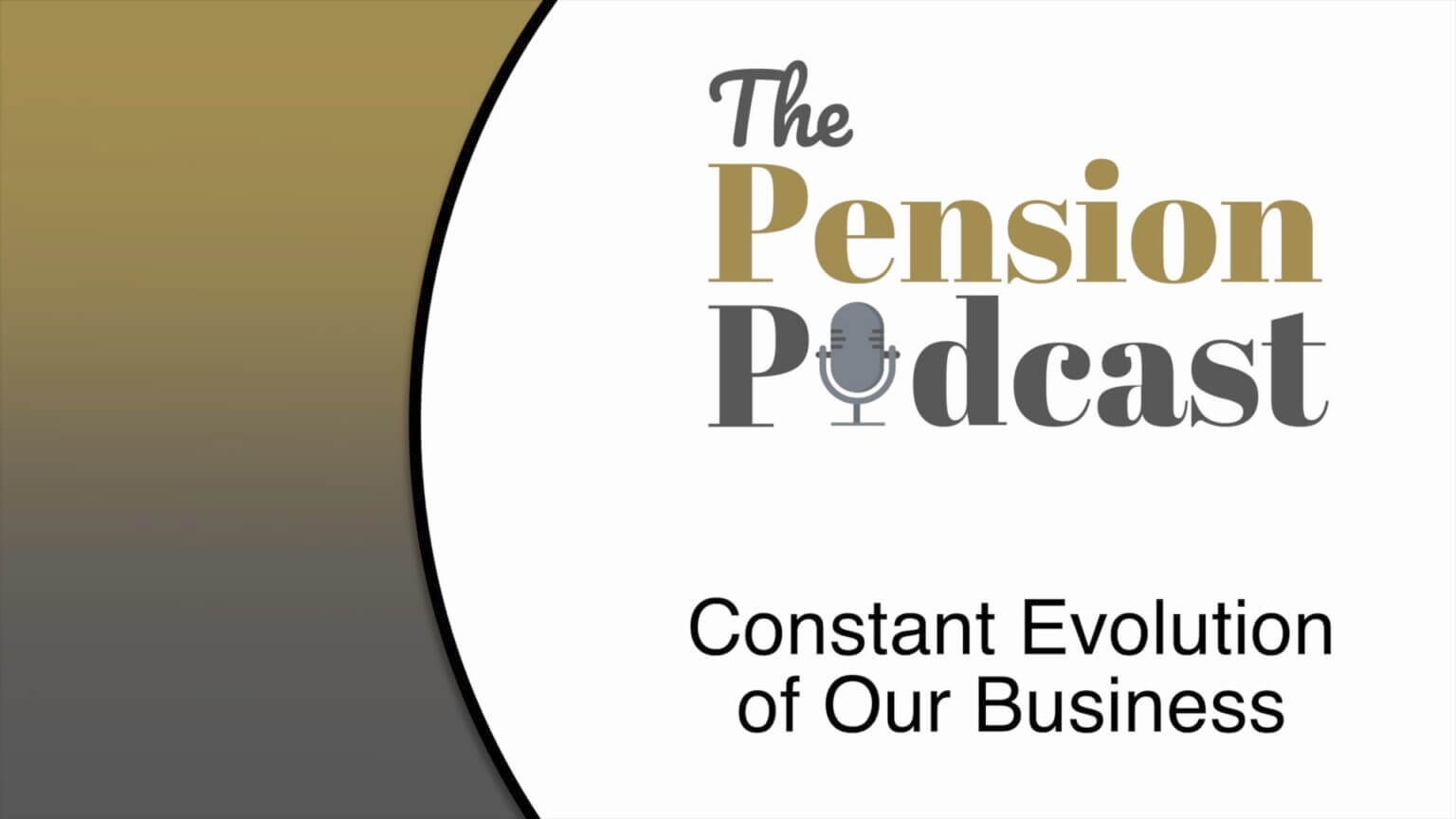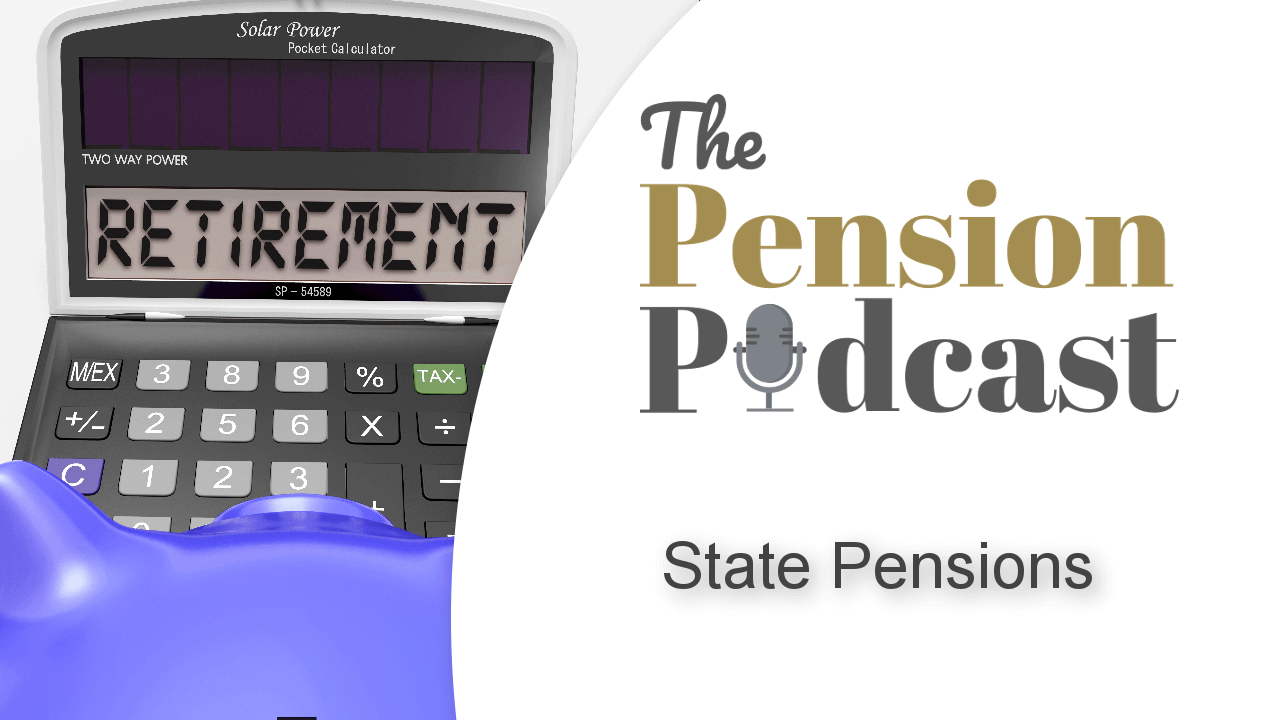
Rebooting Your Retirement After Covid: No Plan Survives the Battlefield
The coronavirus pandemic has forced many people to re-evaluate their retirement plans. Suddenly, those who were counting on retiring in a few years are faced with the prospect of having to spend significantly more time in the workforce. For others, the pandemic may have caused them to lose their jobs or see a significant drop in their income. If you’re one of these people, don’t panic! There is still time to rebuild your retirement plan and make sure you have a solid foundation for your golden years. In this blog post, we will discuss some tips for rebooting your retirement after COVID.
One of the most important things you can do to reboot your retirement after COVID is to spend less and save more. This may seem like an obvious suggestion, but it’s one that many people often forget in the midst of their day-to-day lives. With the added stress of the pandemic, it’s more important than ever to be mindful of your spending and make sure you’re putting away as much money as possible for retirement.
Another tip is to lower your expectations. If you were expecting to retire at a certain age or with a certain amount of money, you may need to adjust those plans in light of the current economic situation. It’s important not to get too discouraged – remember that even small steps can help you get closer to your goal.
Finally, take some time to build a new retirement plan that takes into account the changing landscape. Make sure you are realistic about your goals and what you can achieve in the current climate. With a little bit of effort, you can make sure your post-pandemic retirement is everything you’ve always wanted it to be.
Start by sitting down with your spouse or partner and going over your finances—this will give you a clear idea of where things stand. You may need to adjust your budget and make some changes to the way you’re saving for retirement. For example, if you were planning on retiring in 2025, but now think it may not be possible until 2030, you’ll need to save more each month to make up for the lost time.
It’s also important to have a backup plan in case things don’t go as expected. For instance, you may want to consider working part-time in retirement or downsizing your home to free up some extra cash. Having a Plan B can give you peace of mind and help you weather any unexpected bumps in the road.
With a little bit of effort, you can make sure your post-pandemic retirement is everything you’ve always wanted it to be. So don’t delay – start working on your rebooted retirement plan today!
Related Articles
Constant Evolution of Our Business
In this podcast Peter and John discuss the constant evolution of the of financial services.
Read moreState Pensions
Join John Reynolds and Keith Bell as they discuss some recent developments with state pensions.
Read more

